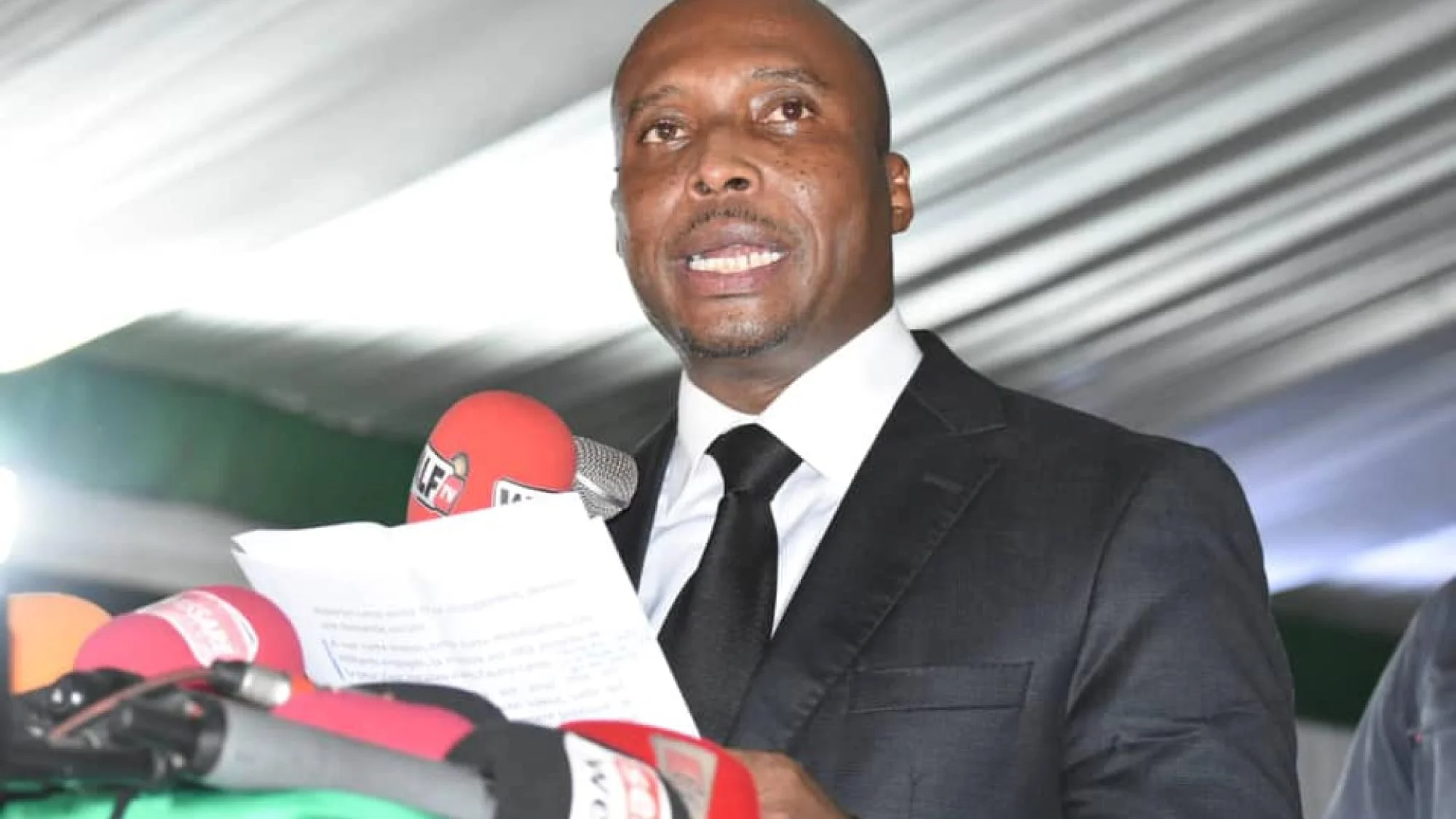These discussions brought together justice professionals, state representatives, civil society organizations, and political parties to diagnose the judicial system’s shortcomings and suggest improvements.
A Critical Self-Examination
Professor Babacar Guèye, the facilitator of the assises, expressed confidence in the potential for impactful reform.
“We are persuaded that you will, on behalf of the people, undertake necessary actions to achieve concrete and eloquent results for the primacy of the law,” he said, emphasizing the objective of paving the way for pragmatic judicial reforms.
The discussions fostered a profound reevaluation of the current justice system.
The participants identified two main issues: the dysfunctions within the public justice service and the judiciary’s inadequacy in adapting to cultural and technological changes.
Major recommendations were put forward to modernize the judicial system in response.
Key Reform Areas
Professor Guèye highlighted several proposed reform areas.
These included the adoption of already introduced legislative texts and a comprehensive review of existing codes, such as the Family Code, Penal Code, and Code of Criminal Procedure, through extensive consultations.
He stressed the importance of improving various judicial processes, including criminal justice, to address issues like prolonged detention mandates, return to prosecution, lengthy pre-trial detentions, and prison overcrowding.
Enhancing Commercial and Administrative Justice
The assises underscored the need for improvements in commercial justice regarding speed and resources, alongside the digitization of procedures.
For administrative justice, decentralization and the establishment of emergency procedures were recommended.
Another crucial aspect focused on the personnel of the judicial system, with calls for significant recruitment to ensure better service delivery.
The reorganization of the High Council of the Judiciary was proposed to ensure transparency in career management, alongside the opening of the bar association.
Modernization and Technological Innovation
Modernizing the justice system was a recurrent theme, with key terms like rupture, refoundation, and creation.
Professor Guèye noted that “modernizing justice is possible, but it requires essential innovations,” including dematerialization, digitization, and the use of artificial intelligence to keep pace with contemporary needs.
To enhance communication and bring justice closer to the people, the creation of a Directorate of Communication and Public Relations within the Ministry of Justice was suggested.
New Judicial Institutions
The assises also discussed establishing new institutions to bring systemic changes to the justice system’s functioning.
These included creating a Constitutional Court and a High Authority of Justice to foster synergies among judicial actors.
The establishment of a judge for liberties and detention was also considered to ensure the rights of individuals arrested in criminal proceedings.
Revisiting Ethical Obligations
The facilitator concluded by noting that the assises addressed the ethical obligations of judicial actors, focusing on forward-looking approaches rather than recent past or sterile debates.
“We maintained the spirit of the assises, which was not to dwell on the recent past or divisions, but to look towards the future,” he concluded.
The aim was to avoid corporate or union demands and not to put the judiciary’s actors on trial.
The recommendations set forth a comprehensive roadmap for achieving meaningful and enduring judicial reforms in Senegal.




